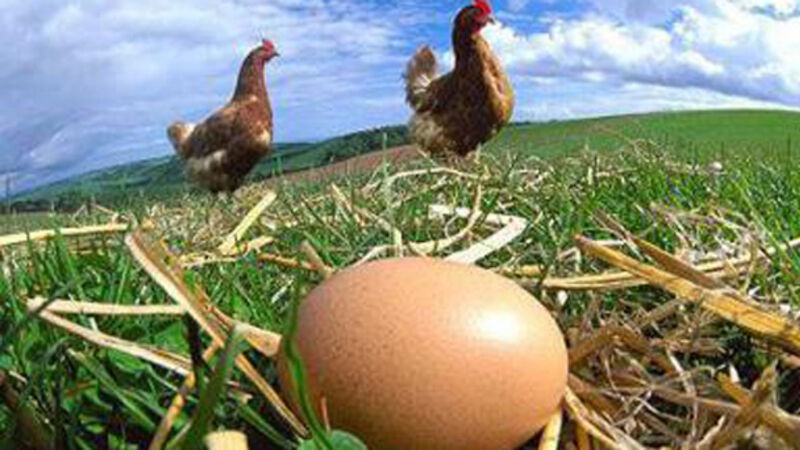Learning from others’ approaches

A market overview was presented, including livestock/horticulture supply chains. Also outlined were supports, the registration process, and how the GLAS scheme relates to organic farming.
Hosted by the National Organic Training Skillnet, the two main certification bodies, Teagasc, the Department, Bord Bia, Leitrim Organic Farmers Coop and agricultural consultants were involved as panellists.










